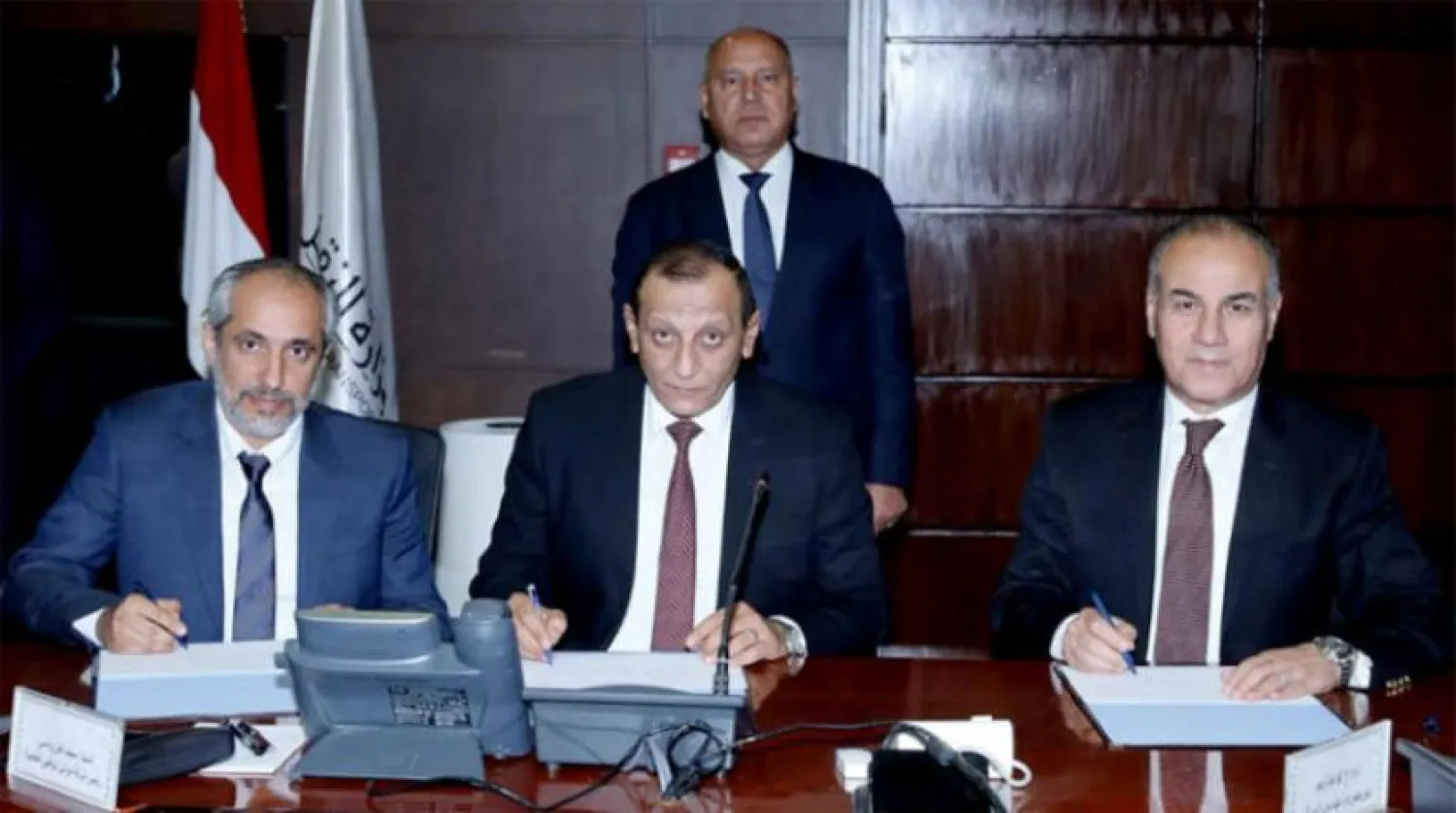Abu Dhabi Ports Group and Egypt's Red Sea Ports Authority have signed a term sheet and a head of terms agreement for the development of major port projects along Egypt's coast.
The Abu Dhabi entity will develop, operate, and manage a multi-purpose terminal in Safaga Port in a consortium with the Red Sea Ports Authority and the Egyptian Group for Multipurpose Terminals Company, the commercial arm of Egypt’s Ministry of Transportation.
The agreement was signed by Major General Mohamed Abdel Rahim, the chairman of the Board of Directors of the Red Sea Ports Authority; Rear Admiral Abdel Qader Darwish, the chairman of the Board of Directors of the Egyptian Group for Multipurpose Terminals, and Saif Al Mazrouei, the CEO of the Ports Cluster of AD Ports Group.
The Safaga facility on the Red Sea will likely be completed in 2024, offering berths of up to 1,000 meters and capable of handling all types of general, dry, and liquid bulk cargo.
The new joint venture will provide port users with a wide range of marine services, including services related to vessel traffic management, dangerous goods control, provision of navigation aids, anchorage, dredging, pilotage, towage, and mooring and unmooring solutions.
The memorandum was signed by Major General Mohamed Abdel Rahim, the chairman of the Board of Directors of the Red Sea Ports Authority, and Saif Al Mazrouei, the CEO of the Ports Cluster of AD Ports Group.
The second agreement covers the development, operation and management of cruise ship berths and terminals at Sharm El Sheikh, Hurghada and Safaga ports, and to provide support services to help extend cruise tourism in Egypt. In addition, AD Ports Group will develop plans for cruise ships lines linking Abu Dhabi, Hurghada, Sharm El Sheikh and Aqaba.
The agreement permits the group to carry out development work to enhance the experience of visiting tourists.
The venture aims to transition Egypt into a “global trade and logistics hub through the development of Egyptian ports at the Red Sea and Mediterranean Sea coasts, and the constructive cooperation between Egyptian and UAE ports,” said Lieutenant-General Kamel El-Wazir, Egypt’s Minister of Transport.
“The Ministry of Transport has ambitious plans to boost maritime trade and transportation, and AD Ports Group stands ready to leverage its expertise and experience to support these vital development projects,” said Capt. Mohamed Juma Al Shamisi, Managing Director and Group CEO, AD Ports Group.
The agreements are among a series of deals between AD Ports Group and maritime organizations in Egypt, including an agreement with the Egyptian Group for Multipurpose Terminals for the joint development and operation of Egypt’s Ain Sokhna Port.









